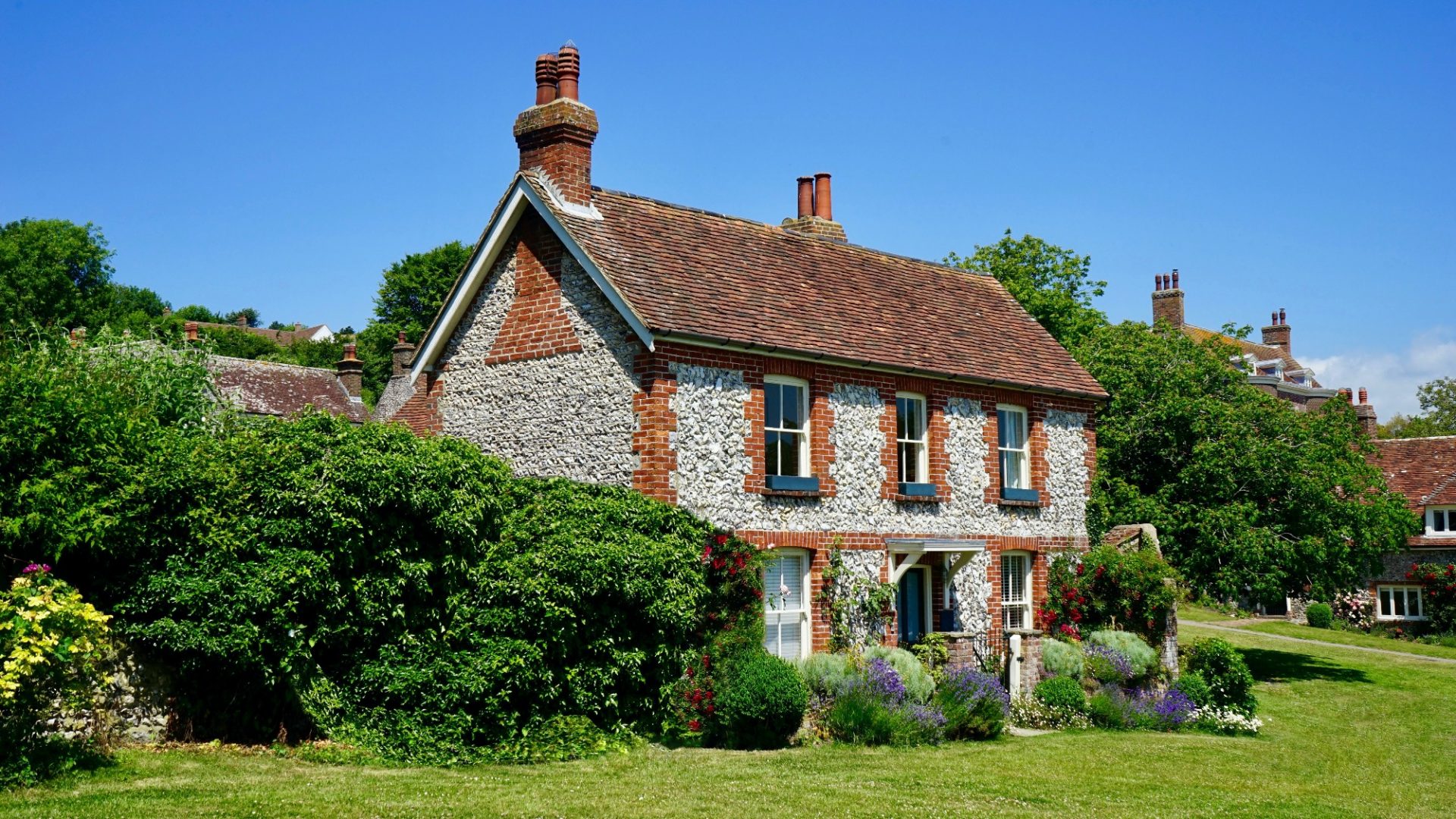Adèle Nicol
- Consultant

In January 2022, the Scottish Parliament passed new legislation as a response to the growing number of Airbnbs and others providing an accessible platform for residential accommodation to be let on a short-term basis. The Civic Government Scotland Act 1982 (Licensing of Short Term Lets) Order 2022 came into force on 1 March 2022 and requires local authorities in Scotland to introduce a licensing scheme for properties operating as short-term lets.
The new licensing scheme for short-term lets commenced on 1 October 2022.
A “short-term let” is defined as residential accommodation provided by a host in the course of business to a guest, where the following are met:
Short-term lets extend to holiday cottages, B&Bs and unconventional accommodation, for example, pods and yurts.
The licensing scheme includes four types of short-term lets:
Local authorities can grant temporary exemptions and licences for a single continuous period not exceeding six weeks in a year (for example, big sporting events).
The licensing scheme will apply across Scotland. It is implemented and enforced by local authorities depending on the location of the property. Essentially, all short-term lets will need a licence from 1 October 2022 (unless exempt) with transitional rules for existing hosts.
A separate licence will be needed for each property and can be granted for a maximum period of three years.
There are mandatory conditions attached to every licence and this places responsibilities on the licence holder. You must be a fit and proper person to hold a short-term let licence.
Local authorities will carry out consultation for every licence application with Police Scotland, the Scottish Fire and Rescue Service and relevant council services.
Local authorities have been given powers to designate control areas. If the property falls within a control area the short-term let will require planning permission for change of use of a dwellinghouse which is not a host’s only or principal home. Edinburgh became Scotland’s first designated control area.
The licence fee depends on the type of licence application, guest capacity and the local authority where the property is located. Each local authority has a list of its licence fees on its website.
If a property operates without a licence from 1 October 2022 (unless it is owned by an existing host), the host will be committing an offence, punishable by fines of up to £5,000.
The new licensing scheme will have significant implications for the short-term let sector. Further consultations and adoptions of the licensing scheme are likely to be made by the Scottish Government in the future.
If you require any more information, advice unique to your circumstances or need assistance obtaining a licence with your local authority, contact a member of our Rural team or your usual Anderson Strathern contact for further information.
You may also be interested in the following articles: